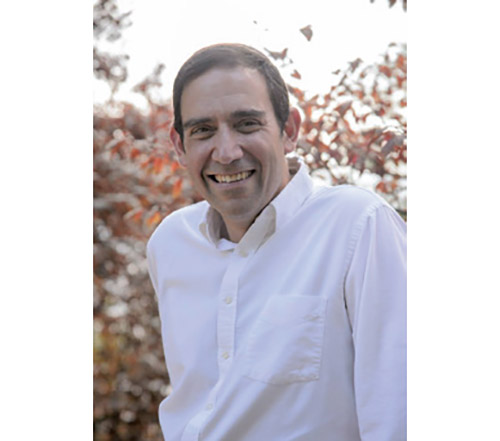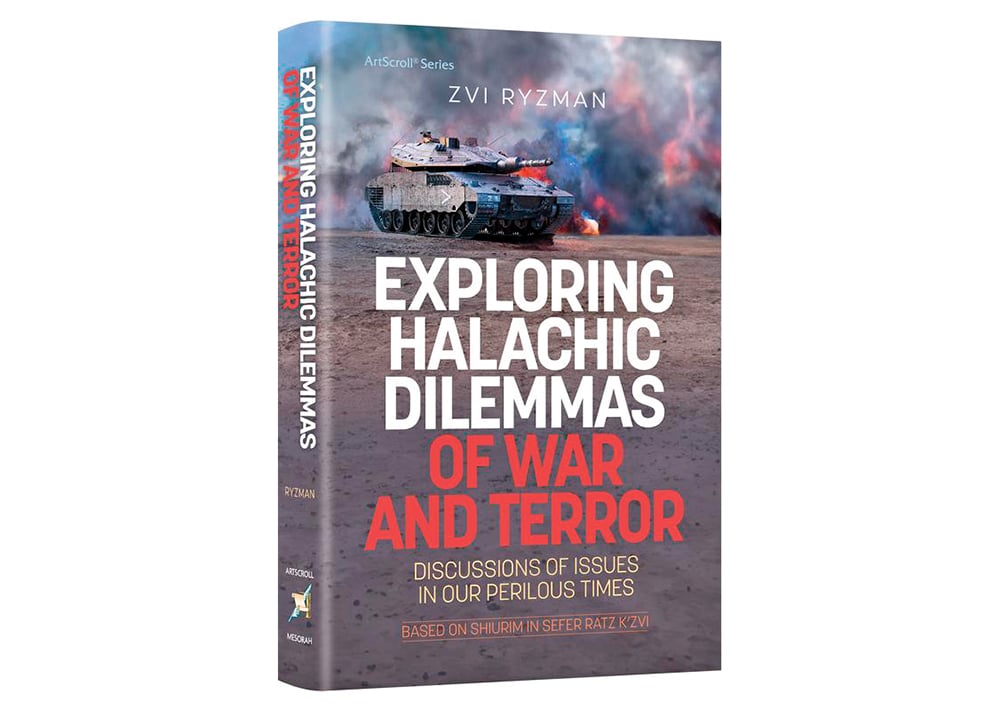
Avraham is Divinely instructed to heed Sarah’s stern warnings about Yishmael’s dangerous influence upon Yitzchak. Though he is wary of dispatching his older son Yishmael, Avraham accedes to his wife’s wishes. Hashem explains His decision and the reinforcement of Yitzchak’s selection: Ki b’yitzchak yikarei l’cha zahra (in Yitzchak you will have future progeny). From a purely grammatical standpoint the phrase “Yitzchak” should not have included the letter “bet” as a preface. Hashem should have asserted that “Yitzchak” will be designated as the forebearer of Avraham’s future without instruction “b’Yitzchak.” Noticing this extra letter “bet” prefacing the word Yitzchak, the Midrash senses that this extra letter contains the rationale behind Yitzchak’s selection. Unlike Yishmael, Yitzchak acknowledges two worlds—an acknowledgement symbolized by the letter “bet,” which is the numerical equivalent of two. Yitzchak recognizes both the world we currently inhabit and the world we will one day dwell in. Due to this unique capacity to recognize both our current world and the afterlife, Yitzchak is chosen over Yishmael. Denoting the reason for the selection of the Jews, the Torah inserts an extra letter bet.
This simple or straightforward reading is historically incorrect. In addition to Judaism, most world cultures and religions acknowledge the afterlife. Without question, Islam acknowledges “Akhirah,” or the “other” world, as a primary element of faith. It is intellectually dishonest to portray Judaism as the only religion to acknowledge the next world and to justify Yitzchak’s decision based on this presumed unique belief.
More likely, the Midrash is commenting on the unique Jewish capacity to unify the two worlds we inhabit. Much of the modern world has become so entranced with the seductions and activities of our concrete reality that they have completely abdicated any sense of a future world. Sadly, our world has become a bit too mesmerizing; it has shackled human imagination to the cold and barren empirical landscape that engulfs us. Just the same, the other half of humanity is so enchanted by the promises of a different world that they secede—even partially—from the affairs and challenges of this world. Religions systems that are pivoted upon the experience of Nirvana—literally being “blown out” or “extinguished”—seek to escape the challenges and commotion of this world. A Jew unifies the two spheres; the next world isn’t a reward as much as a result. We develop our spiritual and religious personalities as best as we can in this world, despite its impediments and despite its conditions of defeat. As a result, we enter a world without spiritual inhibitions and are allowed to continue that spiritual process of Divine interaction without the hindrances and barriers of this world. For a Jew, the next world doesn’t promise endless pleasure or limitless financial abilities. The next world is merely a consequence and a continuum of our spiritual experiences in this world. Descriptions in Islam of sensual pleasures in the next world are completely discrepant with our attempt to unify the two worlds. The notion that endless bodily gratifications will be afforded a person who exhibits moral restraint and ethical behavior in this world is an idea that essentially separates the two realms into distinct and unrelated realities.
Judaism rejects this fracture but instead merges the two into one band. As the Rambam asserts, the next world enables wise and just men to sit endlessly in the presence of God and enjoy the spiritual glow of the Shechinah (nehenin m’ziv haShechinah). We earn that condition by building that spiritual interface between ourselves and God in this world. As the British poet Henry Drummond commented, “to get to Heaven we have to take it there with us.” The unique capacity of a Jew is to straddle the two realms and integrate them into one reality. For this reason, we are selected and Yishmael discarded. Not because we alone envision the next world, but because we are able to integrate the two experiences into one letter “bet.”
In the modern context, we have witnessed an additional Islamic notion that suggests disunity between this world and the next. The past 20 years has witnessed the emergence of the scourge of Islamic fundamentalist terror. The military expansion of Islam and the doctrine of shahid-ism has, at least for fundamentalist Islam, fueled religious-based terror directed at innocents. This development reflect cultures that celebrate death and even depict God as angry and vengeful. The portrayal of God as delighting in the suffering and murder of innocents is a perversion of the image of a loving and compassionate God. In this respect it is a theological crime in addition to the actual crime. Beyond this theological crime, however, lies a distortion of the unity of the two worlds. For a shahid, murdering innocents or even infidels will secure entry into the next world. The notion that a crime in this world can serve as a ticket of entry into the next world assumes a basic disparity and disunity between the two worlds. If our two worlds are united, it is inconceivable that a terrible crime in our realm should act as a permit for entry into the next world. This presumes a fundamental disconnect between these two worlds: a crime in this world is regarded as heroism in the next world! This is an affront to the notion that our two worlds are united and the reason we were selected and Yishmael discarded.
We are chosen to represent God in this world and to further assert the integration of the two realms we inhabit. The afterlife doesn’t offer carnal pleasure but endless spiritual encounter—an experience we already preview in this realm. As Jews, we are meant to cultivate a culture of respect for human life that is directly delivered by a compassionate God. Finally, the notion that a crime in this realm can warrant entry into the next realm is abhorrent and sharply partitions the two worlds we seek to unite.
By Moshe Taragin
Rabbi Moshe Taragin is a rebbe at Yeshivat Har Etzion located in Gush Etzion, where he resides.












